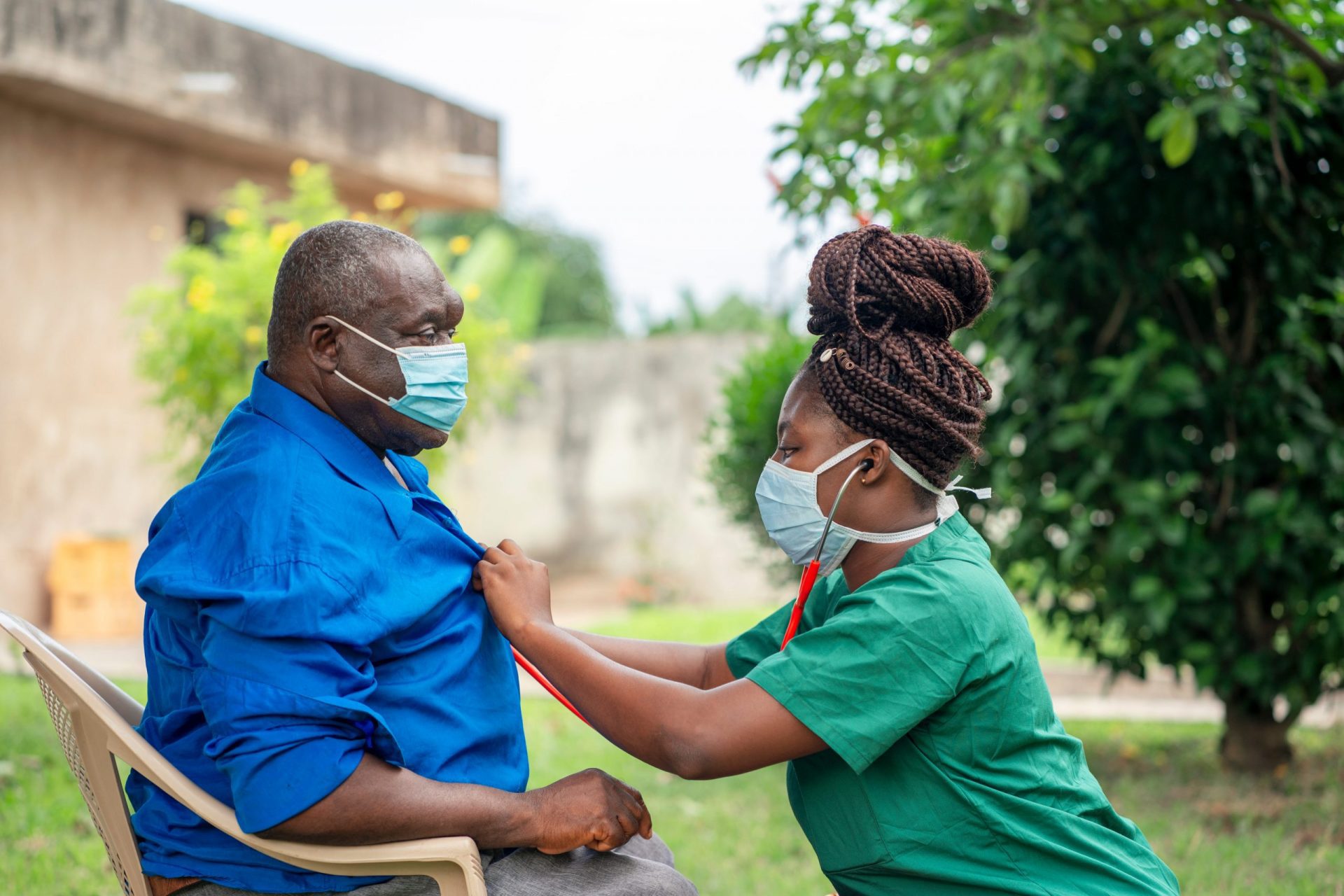When researchers at City of Hope Comprehensive Cancer Center in Duarte, California, began studying white button mushrooms, they uncovered something remarkable. These common mushrooms, found in supermarkets nationwide, showed unexpected promise in supporting prostate cancer treatment through fascinating effects on the immune system.
Inside the groundbreaking research
The findings, published in Clinical and Translational Medicine, reveal how these ordinary mushrooms might transform cancer treatment approaches. Scientists observed that extracts from white button mushrooms appeared to help suppress tumor growth while simultaneously boosting the body’s natural cancer-fighting abilities.
The surprising discovery in grocery store mushrooms
When researchers at City of Hope Comprehensive Cancer Center in Duarte, California, began studying white button mushrooms, they uncovered something remarkable. These common mushrooms, found in supermarkets nationwide, showed unexpected promise in supporting prostate cancer treatment through fascinating effects on the immune system.
Inside the groundbreaking research
The findings, published in Clinical and Translational Medicine, reveal how these ordinary mushrooms might transform cancer treatment approaches. Scientists observed that extracts from white button mushrooms appeared to help suppress tumor growth while simultaneously boosting the body’s natural cancer-fighting abilities.
Understanding the immune connection
The human immune system naturally works to identify and eliminate potentially cancerous cells. However, cancer often develops sophisticated methods to evade this natural defense system. The research team discovered that white button mushrooms might help counteract these evasion tactics, essentially helping unmask cancer cells to the immune system.
The science behind the discovery
At the heart of these mushrooms’ potential lies a group of compounds called polysaccharides, particularly β-glucans. These natural substances appear to enhance immune responses in ways that could complement existing cancer treatments. Professor Frédéric A. Meunier from the Queensland Brain Institute notes how this research spans from laboratory studies to human trials, offering a comprehensive look at these mushrooms’ potential.
From laboratory to real-world impact
The research journey began with careful studies using mouse models of prostate cancer. Scientists observed significant changes in the animals’ immune responses, including increased activity of crucial cancer-fighting cells known as T cells and natural killer cells. These initial findings led to expanded research involving human participants.
Human trials show promise
Eight prostate cancer patients participated in a preliminary study, taking white button mushroom extract for three months. Blood samples revealed encouraging changes in their immune systems, mirroring the effects seen in laboratory studies. This parallel between animal and human responses particularly excited the research team.
Enhancing existing treatments
Perhaps most intriguingly, researchers found that combining mushroom extract with current immunotherapy treatments showed enhanced results. Study participants using both approaches lived longer than those receiving standard treatment alone, suggesting exciting possibilities for future treatment protocols.
The mushroom’s hidden powers
White button mushrooms contain complex compounds that appear to work in multiple ways. Beyond their immune-enhancing effects, these mushrooms might help create an environment less favorable to cancer growth. This multi-faceted approach particularly interests medical professionals studying comprehensive cancer treatments.
From kitchen to clinic
While research continues, many wonder about incorporating these mushrooms into daily diets. Xiaoqiang Wang, the study’s lead author, suggests that adding fresh white button mushrooms to meals remains generally safe and potentially beneficial. However, he emphasizes the importance of consulting healthcare providers before making significant dietary changes.
Understanding supplement safety
The growing interest in mushroom supplements has led to numerous products entering the market. However, researchers emphasize that many of these products lack FDA approval. They stress the importance of choosing whole mushrooms or working with healthcare providers to find appropriate supplementation options.
Future research directions
Scientists continue exploring exactly how these mushrooms affect immune function. They’re particularly interested in identifying specific compounds responsible for the observed benefits and understanding how these substances interact with the body’s immune system.
The broader implications
This research might extend beyond prostate cancer treatment. The immune-enhancing properties observed could potentially benefit other medical conditions where immune function plays a crucial role. However, researchers maintain careful optimism while continuing their investigations.
Practical considerations
For those interested in adding white button mushrooms to their diets, proper selection and preparation matter. Fresh mushrooms offer the most potential benefits, though proper storage and cooking methods help maintain their beneficial compounds.
The role of nutrition in cancer care
This research highlights the growing understanding of how dietary choices might influence cancer treatment outcomes. While mushrooms alone don’t replace standard medical care, they might represent an additional tool in comprehensive cancer treatment approaches.
Building on traditional wisdom
Many cultures have long recognized mushrooms’ medicinal properties. This modern research provides scientific backing for some traditional beliefs while uncovering new mechanisms of action previously unknown.
Global research efforts
The City of Hope study represents part of a larger global effort to understand how natural compounds might enhance cancer treatment. Research teams worldwide continue investigating various mushroom species and their potential medical applications.
Patient perspectives
While maintaining scientific rigor, researchers recognize the human aspect of their work. Many cancer patients express interest in complementary approaches that might enhance their treatment outcomes while remaining safe and accessible.
The path forward
As research continues, scientists anticipate learning more about optimal dosing, timing, and combination approaches with existing treatments. This careful, systematic approach helps ensure that any recommendations made are both safe and effective.
Supporting ongoing research
The promising results from these initial studies have sparked increased interest in funding further research. Understanding how common foods might enhance cancer treatment could lead to more accessible and comprehensive treatment options.
The investigation into white button mushrooms’ potential role in cancer treatment represents an exciting convergence of nutrition and medical science. While research continues, these findings offer hope for enhanced treatment options using readily available natural compounds. As always, individuals should discuss any dietary changes with their healthcare providers, particularly during cancer treatment.
This research reminds us that sometimes remarkable discoveries lie in unexpected places – even in the produce section of our local grocery stores. As scientists continue their work, they may uncover even more benefits from these humble yet potentially powerful mushrooms.
















